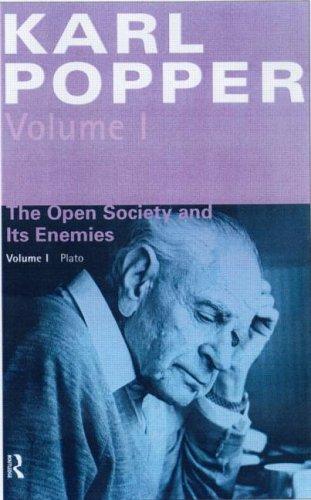nemobis ha recensito The open society and its enemies di Karl Popper
Review of 'The open society and its enemies' on 'Goodreads'
4 stelle
In this second volume, Popper puts to good use the concepts he developed in the first. I was a bit disappointed because we never get to learn a definition of this "open society", nor how to get there, but maybe that's the point. There is no single answer: Popper only shows us a method, which we need to learn by using it.
I've never had the patience to read Marx or Hegel in the original, and honestly I'm not sure one should, but I'm convinced Popper's analysis is one of the sharpest (at least for an empiricist point of view): it's brutal but also fair.
Every other page contains some insight that you may agree or disagree with, but remains useful food for thought for issues we're still facing some 80 years later, like the problem of NATO or climate change. Some of the concepts I've come to appreciate and use in daily reflection are: the "mysticism" of any theory which proclaims a golden age to be either in the past or in the future; the untenable "psychological reductionism" which simplifies sociological constructs to the point of making them impossible to understand and govern.
A passage from chapter 23: «To sum up these considerations, it may be said that what we call "scientific objectivity" is not a product of the individual scientist's impartiality, but a product of the social or public character of the scientific method; and the individual scientist's impartiality is, so far as it exists, not the source but rather the result of this socially or institutionally organized objectivity of science».

